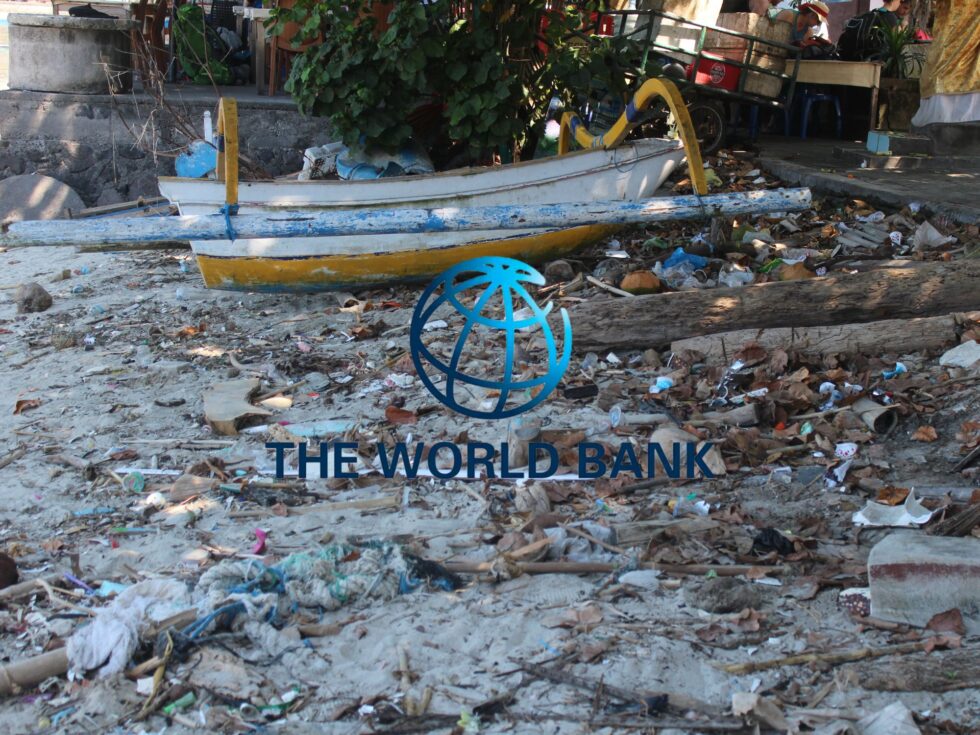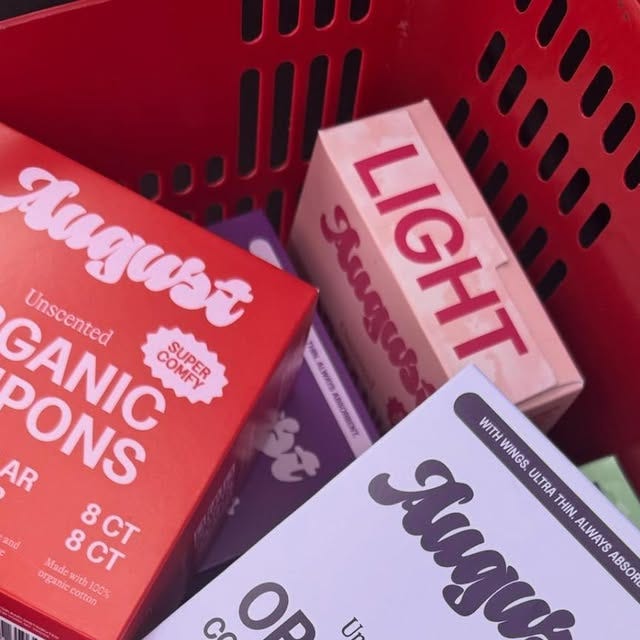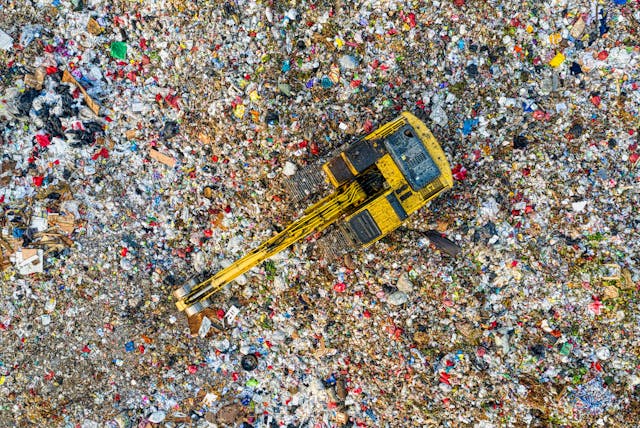The World Bank’s recent report, “Unlocking Financing to Combat the Plastics Crisis: Opportunities, Risks, and Recommendations for Plastic Credits,” dives deep into the evolving world of financing plastic pollution mitigation via plastic credits, offering key insights into where the market stands today and where it needs to go. This report is a valuable resource, shedding light on the practical steps needed to ensure plastic credits can fulfil their potential as a financing tool for tackling the plastic waste crisis.
The landscape of plastic credits
Plastic credits are already being used to fund waste collection and recycling efforts, but the market is still nascent. The report explores the actions required to promote further market development, categorising plastic crediting standards into two main groups: Category 1 and Category 2.
Category 1 includes fully independent and transparent programmes such as Verra’s Plastic Waste Reduction Standard (PWRS), GreenBlue’s Recycled Material Standard (RMS), and Zero Plastic Oceans’ (ZPO) Ocean-Bound Plastic (OBP) Certification. These programmes are built on robust, public standards, require third-party verification, and maintain transparency through public registries. They are designed to ensure that projects deliver real, measurable impact without conflicts of interest.
Category 2 consists of programmes that also apply public standards and methodologies but are less independent. Examples include PCX Solutions’ Plastic Pollution Reduction Standard (PPRS) and BVRio’s Circular Credits Mechanism (CCM). These programmes may be involved in both the development and implementation of projects, as well as the sale of credits. While they still offer transparency and third-party verification, the involvement of the programme owners in multiple roles raises concerns about potential conflicts of interest and less stringent oversight.
The standards across different programmes vary significantly, particularly in terms of transparency and verification processes. In Category 1 programmes, the emphasis is on maintaining strict independence between the entities that set the standards and those that implement projects. This independence is crucial for ensuring that there is no conflict of interest and that the credits issued truly reflect real-world environmental benefits. For example, Verra’s PWRS and the other Category 1 standards require that all projects undergo third-party verification and that all transactions are publicly recorded, providing a high level of transparency and accountability.
On the other hand, Category 2 programmes, while still providing a public standard, are characterised by greater internal involvement of the standard setter in both the development and certification of projects per their own standard, and the sale of credits generated via this same standard. This can create potential conflicts of interest, as the same entities that benefit from selling the credits are also responsible for ensuring their environmental integrity. The World Bank report suggests that for the market to mature effectively, there needs to be a move towards more consistency, harmonisation and rigour across all standards.
Challenges and recommendations
The report identifies several challenges that need to be addressed to ensure the plastic credit market is both credible and effective.
One major issue is the lack of a unified approach across different programmes, which can lead to inconsistencies and make it harder for buyers to decipher and trust the credits they seek to purchase. To tackle this, the report recommends developing a common framework that sets minimum requirements for all plastic credit programmes. This includes standardised definitions, clear methodologies, and robust verification processes. These guidelines align with recommendations from another recent report published by the PREVENT Waste Alliance, which stresses the importance of transparency and legal compliance through a harmonised framework.
Another key World Bank recommendation is the creation of a centralised registry to improve transparency. This would make it easier for buyers to track the origin and impact of the credits they purchase, reducing the risk of double-counting and ensuring that credits are only issued for genuine waste reduction.
The report emphasises that plastic crediting programmes must also adhere to minimum requirements that include independent third-party audits, traceability, and public access to crediting standards. This transparency is essential to ensure credibility and to avoid conflicts of interest.
Additionally, this report highlights the importance of focusing on post-consumer waste, particularly non-commercially recyclable plastics, which tend to be harder to process. Post-consumer waste must have better destinations following the waste hierarchy (reuse, repair, recycle), ensuring that plastic is diverted from landfills or dumpsites.
Furthermore, improving working conditions for informal waste pickers is crucial. Both the PREVENT Waste Alliance and World Bank reports underscore that plastic credit schemes should promote better pay and working conditions, particularly in emerging economies where informal waste workers play a central role in providing plastic waste management services. Providing technical and financial assistance to these workers can help integrate them into the plastic credit market, ensuring that they benefit from this emerging financial mechanism. An example of this is the ZPO Social Plus Standard, which prioritises the inclusion and fair treatment of waste pickers by offering them premiums for collected material, healthcare and improved working conditions. You can learn more about this initiative in our previous blog.
The issue of greenwashing is also addressed, with recommendations that companies making environmental claims align with international standards such as the ISO 14020 series. This ensures that claims such as “plastic waste neutral” are transparent, scientifically sound, and free from misleading information.
Finally, plastic credits should be seen as part of a broader suite of environmental strategies, complementing (and funding) policies like Extended Producer Responsibility (EPR) and circular economy initiatives. Integrating these efforts will ensure a cohesive approach to reducing plastic waste on a global scale. For more insights on how plastic credits can align with and complement EPR systems, see the Verra report here.
In summary, the World Bank’s report is a crucial resource for anyone involved in the plastic credit market. By following the recommendations outlined, we can help build a market that is not only effective in reducing plastic waste but is also fair and transparent. The report makes it clear that with the right standards, governance, and support in place, plastic credits have the potential to play a significant role in the global fight against plastic pollution.
Working with Plastic Collective
Plastic Collective is a leader in providing innovative financial solutions to expand countries’ plastic waste management infrastructure. In January 2024, we partnered with the World Bank and Citibank to issue the first ever Plastic Waste Reduction-linked Bond, which provides around USD 15 million to high integrity projects leading the charge to address the plastic pollution crisis in Indonesia and Ghana. This bond broke new ground by providing a mechanism for investors to be part of expanding the impact that these projects are having on the ground.
Our holistic approach sets us apart. Through our project, government and finance sector partnerships, we’re maximising both environmental and social outcomes. We’re supporting communities on the frontline of waste collection, particularly in emerging economies, ensuring that waste pickers and informal workers are fairly compensated and that their livelihoods are improved. Our projects undergo strict due diligence, involving detailed cash flow modelling and compliance with the Verra Plastic Waste Reduction and ZPO Social Plus Standards.
Plastic Collective is committed to driving impact through Extended Producer Responsibility (EPR) policy development and circular economy initiatives. By partnering with us, your business can both deliver and extend its environmental and social goals, helping to create a more circular, sustainable future.
Whether you’re a brand looking to offset your plastic footprint, a funder seeking to drive positive environmental impact, or a government agency seeking EPR development support, we invite you to partner with us. Let’s work together to make a tangible difference in addressing the global plastic pollution crisis.







